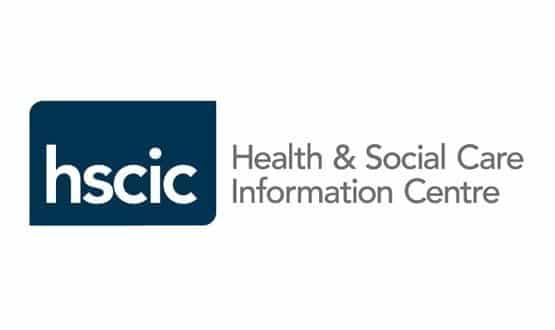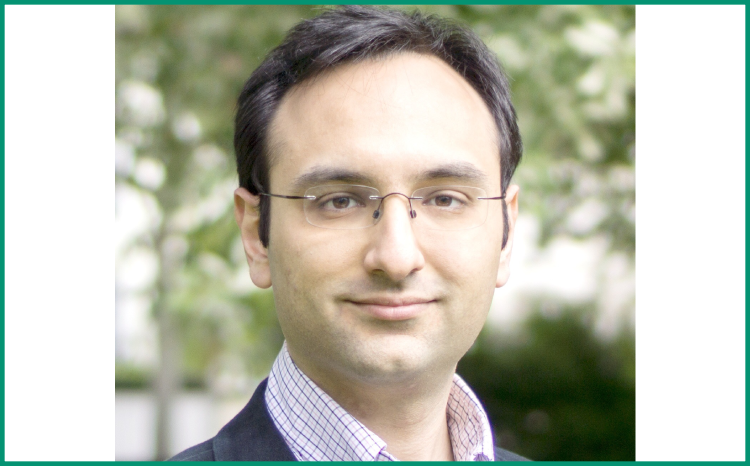Delay to 700,000 patient opt-outs
- 12 May 2015

The Health and Social Care Information Centre is “extremely concerned” that 700,000 patient objections to having their identifiable data shared have yet to be enacted more than a year on from being registered with a GP.
The centre does not have the “resources or processes to handle such a significant level of objections” and is concerned that implementation could impact on patients’ access to health services.
In supplementary written evidence submitted by HSCIC chair Kingsley Manning to the Health Select Committee, he identifies a number of issues which mean the centre has not yet extracted or implemented any ‘type 2’ objections registered by patients with GPs.
“We are extremely concerned that the implementation of individuals' wishes with respect to their data has been significantly delayed, although we are confident that this delay has not had any detrimental impact on their clinical care,” the letter says.
The objections were registered as part of the launch of the controversial care.data programme, which will extract data sets from different organisations, starting with GP practices, and link them to an expanded set of Hospital Episode Statistics within the 'safe haven' of the HSCIC.
When the programme was launched in February last year, patients were given the option to ‘opt-out’ in two different ways.
Under the type 1 objection no information, other than for direct care purposes, would leave their GP practice. Under a type 2 objection, no identifiable information held by the HSCIC would be passed to a third party. Both of these objections were registered on the GP's clinical system.
However, the programme was paused that same month and no data has subsequently been extracted from GP systems as part of the programme.
Last November, the care.data programme board decided that patients would only be offered a type 1 objection in the new pilot of the scheme and GPs would no longer be obliged to collect type 2 objections as part of the programme.
The HSCIC was asked to take on responsibility for dealing with any type 2 objections that were already registered with a GP.
Manning’s letter says that because no data has been extracted from primary care, the HSCIC has no information about the type 2 objections of patients, however work with GP suppliers suggest there may be 700,000.
He says the centre is concerned that without modification, a type 2 objection could impact on a patient’s access to services such as screening services.
“As no type 2 objections have been extracted or implemented there has, however, been no detrimental impact on any individual's care or access to services,” the letter says.
“We are working with the Department of Health and NHS England, to clarify the nature and scope of the objection choice to be offered in replacement of the type 2 objection,” Manning says.
“Subject to the department's advice and the verification of the number of objections already registered, HSCIC will need to design and implement an appropriate mechanism and process for registering and implementing such objections.
“This may take some time if new business and technical processes need to be built and implemented to accommodate large numbers.
“We will not be in a position to implement the type 2 objections currently registered with GPs until this work is complete and we must be certain that any proposed solution cannot have any detrimental impact on a patient's direct care,” the letter concludes.




